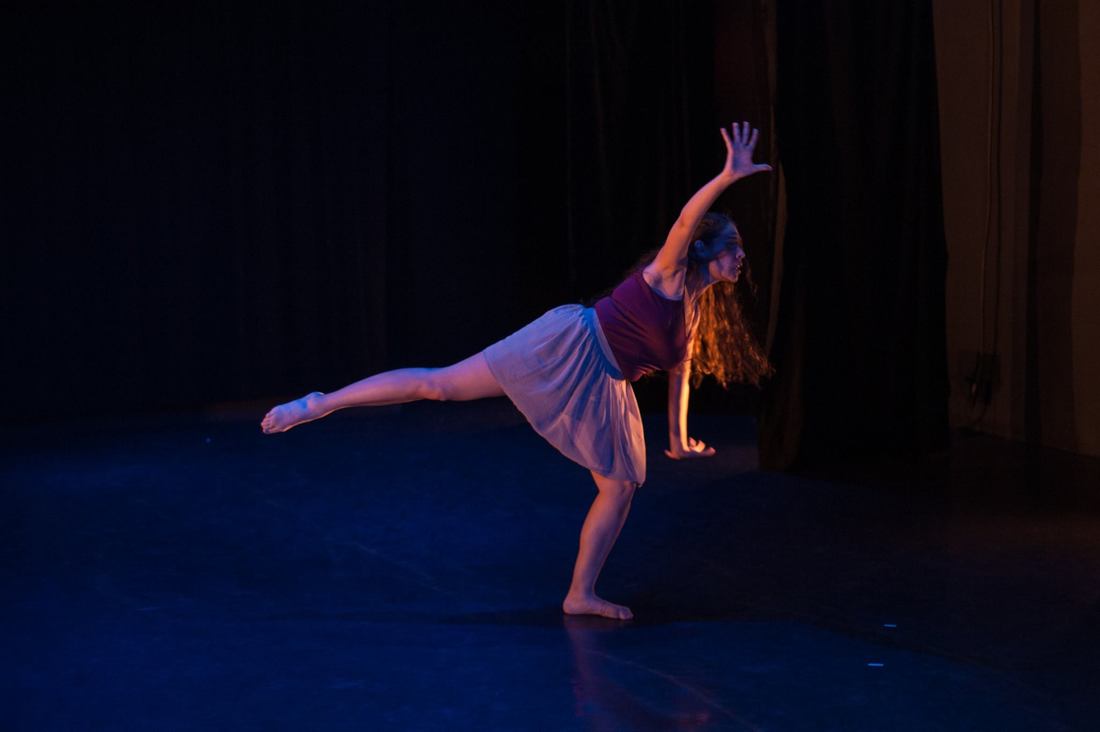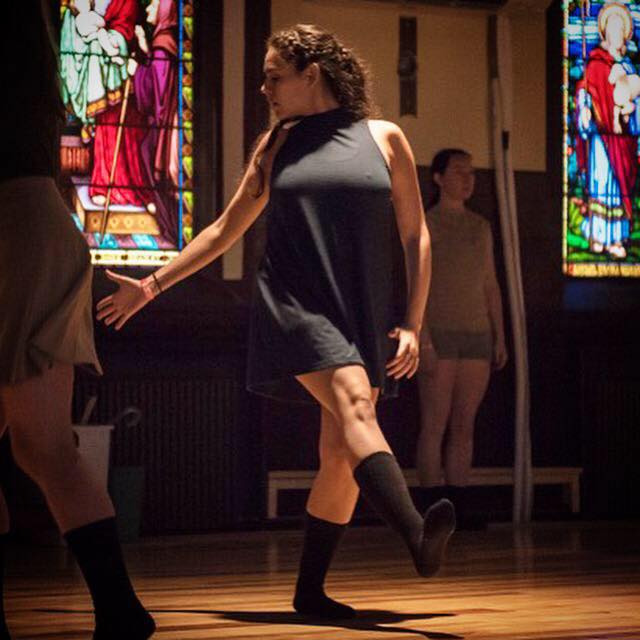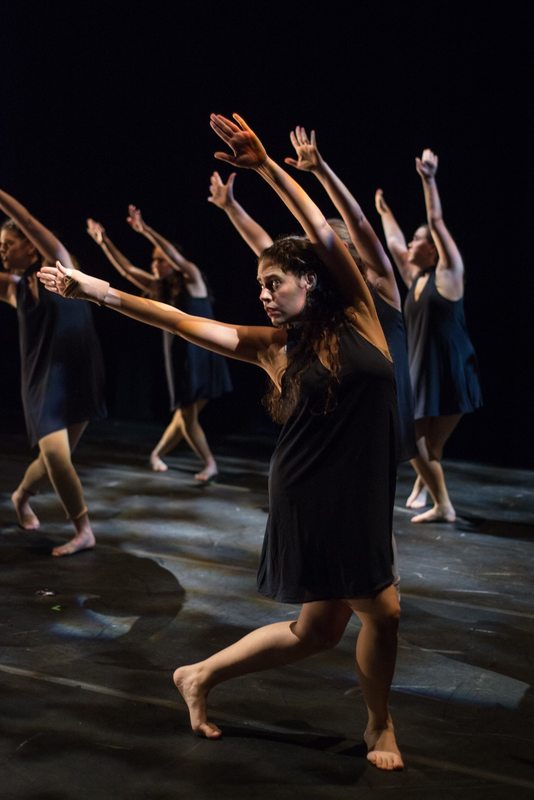For more information about Jennifer and OnStage Dance Company check out their website, Facebook and Instagram. For more information about the OnStage Summer Performance Series and to get tickets, click here! Nicole Harris: What made you want to start a performance series? What are you goals for it? Jennifer Crowell-Kuhnberg: My goals for the performance series are multi-faceted! To start, producing an evening-length showcase is a very expensive and overwhelming endeavor for small dance companies. I wanted to provide an opportunity for these groups to show their work in a way that didn't cost them anything but could also yield a profit for them, from their ticket sales. Most small companies are lucky to break even after a show, much less walk away with a profit. On the other hand, being new to the Malden community, I wanted to help facilitate the beginning of what I hope will be a more robust arts' scene in this part of the city by bringing in some fantastic, local companies. Our new studio space is huge and has such incredible potential as a burgeoning arts space! It's a perfect location for experimental showcases and events and this idea seemed like a great way to expand on some of the successful programming we are already doing (like our Residency Program and Annual Arts Marathon). I hope we'll see members of the Malden community, and surrounding towns, come in to see some of the performances and experience dance in a new way (or for the first time!).
N: You also have a choreographer residency program. Can you talk about that and how it came about? J: The Residency Program came about when OnStage first acquired our own studio space, about five years ago. Having our own space allowed us limitless possibilities in terms of the programs and opportunities we could offer as a non-profit arts organization. With our performance company, the choreographer auditions and rehearsal process are very regimented as we have a limited time frame to work within. The Residency program was an opportunity to give choreographers more time to play, explore and experiment by giving them no rules (other than to show up and create something!). It changes the dynamic of the choreographic process when you're free to create whatever you like, or can have an idea evolve in a way that you might not have expected. N: You have only been in your space for about a year. How has it been? What are the unexpected challenges of running a space? What has been wildly successful about it? J: Moving to this new space has been such an adventure! We had our own studio in Somerville for several years, but I was very excited for the opportunity to expand into a larger space - and when I walked into this studio for the first time, I knew I had to have it! It's always challenging when you move to a new area, as we had to start from scratch with all of our marketing efforts and getting people to know who we were and where we were located. Even a year in, that's still something we're working to improve on! But it's been such a thrill seeing so many new people come in to take classes, or audition for our company, or sign up for our programs. I hope we'll continue seeing more new faces each day! N: You clearly have done a lot to champion choreography and choreographers. What is that particular cause so important to you personally? J: Thank you! I think the reason this is so important to me personally is because I took the long way to get here and I wish I'd had a short cut! Meaning, I was very intimidated to break into the dance scene and find my place in it. I was told it was too "cut throat," too competitive, not a reasonable way to make a living, and so on. Finding success as a choreographer can seem impossible when there are not enough opportunities for emerging dance makers to show work, build their brand, or discover what their brand even is! It takes a lot of time to cultivate your artistic voice and get eyes in front of your work. By offering some of these programs through OnStage, I hope I can make it just a little easier for artists to find their way.
N: Monkeyhouse believes in the importance of both giving back and paying forward. Who are some of your mentors? How are you paying forward what was given to you?
J: My earliest mentor was Elaine Hershfeld from the Mark Twain School. She was the director of the dance program and was always so supportive of my little creations. She awarded me the Choreographer of the Year Award way back in 1998 and I swear, to this day, it's one of my most meaningful achievements. I also had some fantastic teachers at Horizons in Dance in Brooklyn who instilled that sense of joy in dance but also a very strong work ethic. I've been working as a full-time dance instructor at many studios over the years, and I definitely try to emulate their teaching style. They were a huge influence on me as a kid and if I can have even a fraction of the same impact, I know I'm doing ok. N: Monkeyhouse has a Choreography Mentorship program and we are always interested in hearing what other artists have gone through. What advice would you offer to emerging choreographers? J: Most advice that emerging choreographers will hear is related to working hard, being tenacious in their efforts to get work out there, applying to everything, etc. And that is all good, and important, advice. I would also add that the best thing you can do for yourself is not try to be someone or something that you're not. Be proud of your unique dance voice and don't worry about trying to change your work to fit what everyone else is doing. Your work will naturally evolve and be influenced by other things you see and experience, but the worst thing you can do with your art is compare it to others' and force it to be like theirs. The most successful and well respected choreographers have that reputation because they paved their own way.
0 Comments
|
Categories
All
Archives
April 2023
|
MONKEYHOUSE



 RSS Feed
RSS Feed
